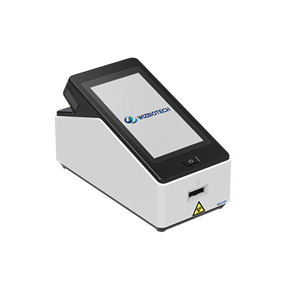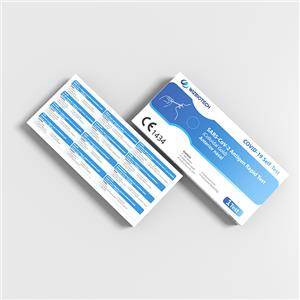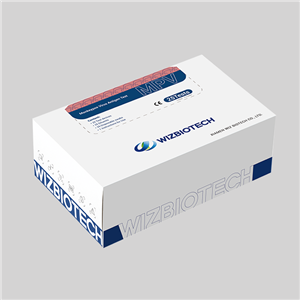World Hemophilia Day
Hemophilia is an inherited bleeding disorder disease caused by a deficiency of a certain clotting factor in one’s body. April 17 is designated as World Hemophilia Day every year in purpose to increase public awareness and attention to the hemophilia, express respect and support for hemophiliacs, and fight for the rights and interests for them.
What is hemophilia?
Hemophilia is a group of hereditary hemorrhagic diseases caused by lack of coagulation factor, which is also a serious health hazard of newborn.
Symptoms and types of hemophilia
The main symptoms of hemophilia are spontaneous hemorrhage or hemorrhage after mild trauma, hematoma formation and joint bleeding. Repetitious bleeding in weight-bearing joints such as knees, ankles, even muscles can lead to joint swelling and muscle necrosis, resulting in joint deformity, muscle atrophy, and limb disability.
According to the different types of deficiency of coagulation factors, hemophilia is mainly divided into hemophilia A and B types, which are caused by the deficiency of coagulation factor Ⅷ and coagulation factor Ⅸ respectively. Clinically, hemophilia A is the most common disease, accounting for about 80% ~85% of patients. According to the activity level of coagulation factor in vivo, hemophilia is clinically classified into mild (factor activity > 5% ~ 4%), medium (factor activity > 1%~5%) and severe (factor activity < 1%). The severity of bleeding and complications in hemophiliacs is related to the activity level of clotting factors.
Treatment and prevention of hemophilia
1. Preventive treatment is the preferred method for children with hemophilia, because an early, sustained and individually standardized treatment is crucial;
2. In case of acute bleeding, hemophilia patients should receive professional treatment as soon as possible, and self-rescue based on RICE principle (rest, ice, compress, elevate) ;
3. Patients with hemophilia should accept multidisciplinary diagnosis and treatment and follow-up management in the hemophilia diagnosis and treatment center, and have planned family treatment under the guidance of doctor;
4. Hemophiliacs should pay attention to vaccinations and daily health care, balance nutrition and exercise properly;
5. Hemophiliacs should try to avoid intramuscular injection, trauma, surgery, and should not take aspirin or other non-steroidal anti-inflammatory drugs.




